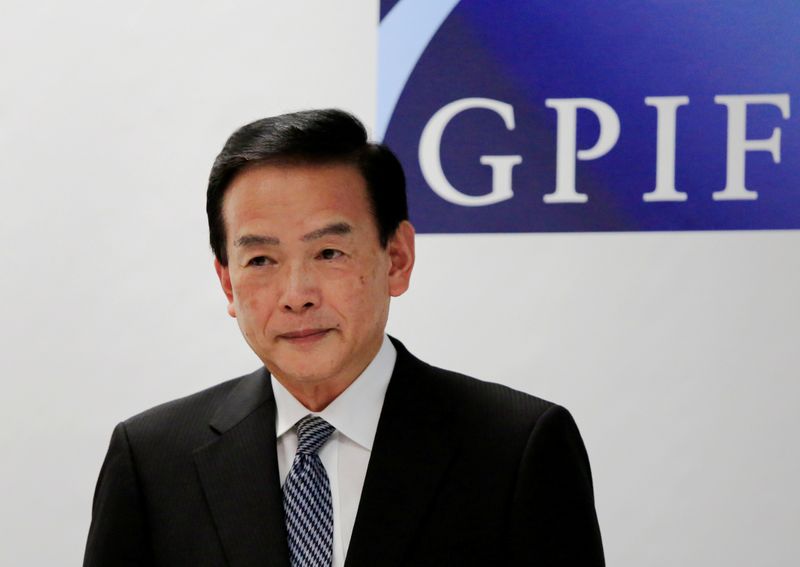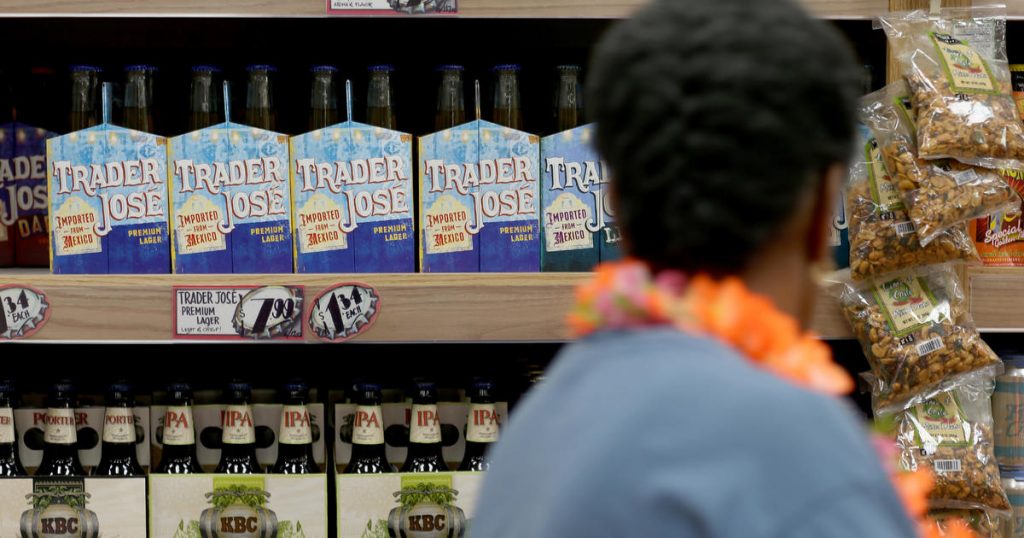
FILE PHOTO: Japan’s Government Pension Investment Fund (GPIF) President Masataka Miyazono sepaks to media in Tokyo, Japan July 3, 2020. REUTERS/Takashi Umekawa
July 31, 2020
By Takashi Umekawa, Daiki Iga and Mayu Sakoda
TOKYO (Reuters) – Japan’s Government Pension Investment Fund (GPIF), the world’s largest pension fund, has been closely watching global macro-economic policies since the coronavirus outbreak as these measures may affect markets, the president said.
“As authorities in the world have conducted large-scale fiscal and monetary policy, one of our focus points is how such measures would affect markets,” Masataka Miyazono, who took over as president in April, said in a interview with Reuters on Wednesday.
GPIF managed 150.6 trillion yen as of end-March and does not usually disclose its influences.
Since the current financial year started in April, Japan’s government has compiled two extra budgets for a stimulus package, worth 233.9 trillion yen in total, aiming to cushion the economic blow from the outbreak.
Rating agency Fitch on Wednesday lowered its outlook for Japan’s long-term foreign currency debt rating to negative from stable, citing the heavy blow from the coronavirus crisis and rising public debt.
“Currently we are not concerned (about such downgrading moves) but of course we should carefully monitor that point as an investor,” Miyazono said.
GPIF had reported a record quarterly loss of 17.71 trillion yen ($168.6 billion) in the three months through March as global stock markets plunged during the COVID-19 pandemic.
But Miyazono said the fund’s investment philosophy of pursuing stable profits would not change.
GPIF in April raised its allocation target for foreign bonds to 25% from 15% and lowered domestic bonds allocation to 25% from 35%. Its portfolio is evenly split at 25% each across domestic and foreign stocks and domestic and foreign bonds.
(Reporting by Takashi Umekawa, Daiki Iga and Mayu Sakoda)

